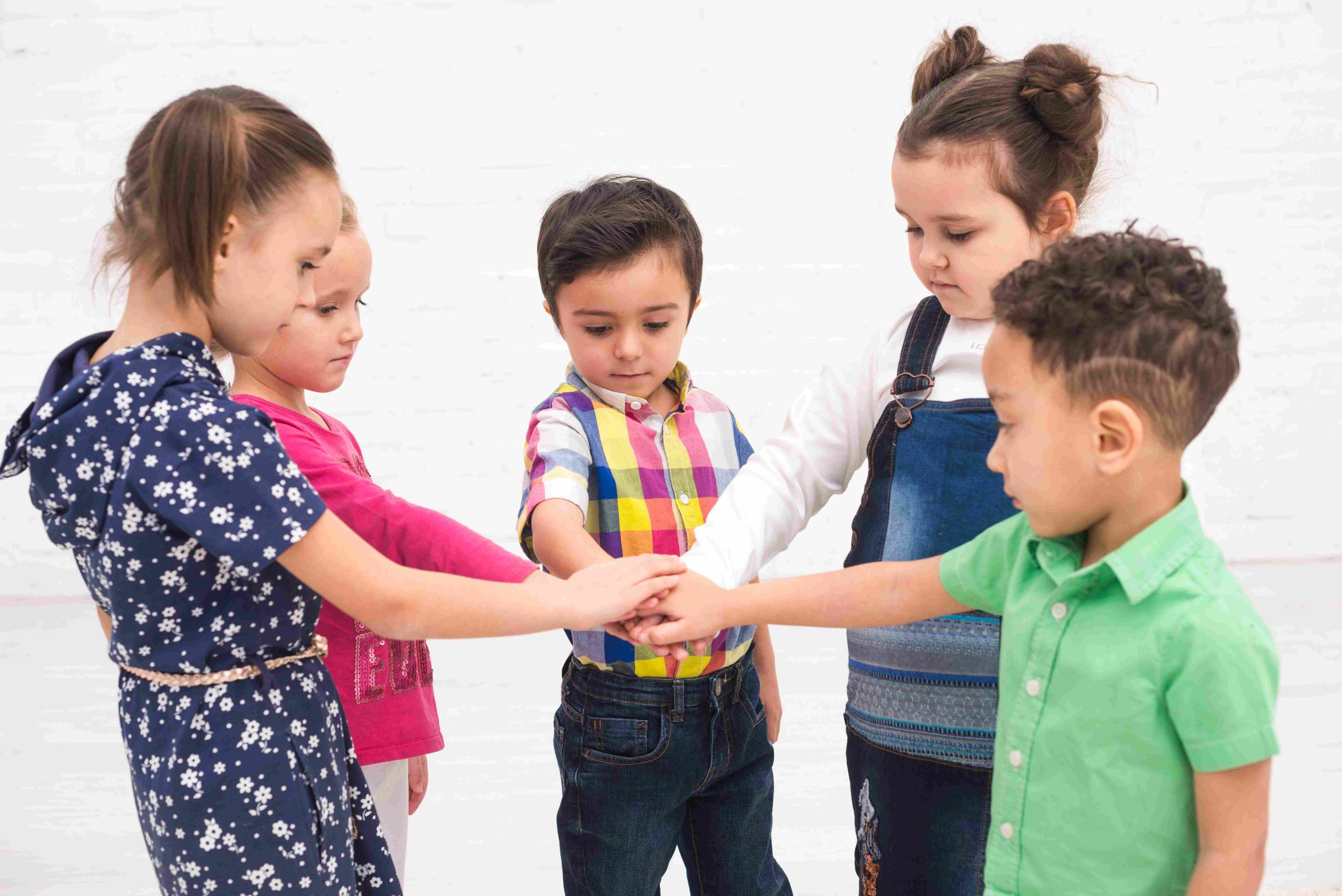
The Importance of Emergency Drills for Preschoolers: Ensuring Emergency Preparedness
As a parent or guardian, ensuring the safety and security of your preschooler is paramount. However, emergencies can occur unexpectedly, making emergency drills an essential aspect of preschool education. These drills prepare preschoolers for unforeseen events and equip them with the necessary skills to respond appropriately. In this article, we’ll delve into the significance of emergency drills for preschoolers and why they should be integrated into every preschool curriculum.
Ensuring Safety and Security
Preschoolers, being at a vulnerable age, may find emergencies particularly traumatic. Through emergency drills, they learn how to protect themselves and others in such situations. These drills familiarize them with safety procedures like evacuation routes, safe areas, and communication methods. Additionally, they learn to remain calm and composed, crucial for their safety and security.
Emergencies can induce fear and confusion, especially among preschoolers due to their limited understanding. Hence, ensuring their safety and security during catastrophes becomes imperative.
Emergency drills play a vital role in preparing preschoolers for unexpected events. They educate young children on actions to take during fires, earthquakes, or other crises. Preschoolers learn to exit buildings safely, locate designated meeting points, and reunite with caregivers if separated. Moreover, these drills instill the importance of following adult instructions, promoting calmness and reducing panic during emergencies.
Participating in emergency drills familiarizes preschoolers with safety measures in their preschool environment. They learn about emergency equipment such as fire extinguishers and first aid kits, along with reporting procedures and seeking help when necessary.
Additionally, emergency drills help identify potential safety hazards, allowing timely interventions to ensure a safe environment. For instance, if a fire drill reveals blocked exits, corrective measures can be implemented promptly.
Overall, emergency drills are indispensable for ensuring preschoolers’ safety and security during emergencies. By participating in these drills, preschoolers learn to protect themselves and others, follow adult instructions, and maintain composure in stressful situations, contributing to their overall well-being.
Building Confidence and Preparedness
Emergency drills not only impart skills but also foster confidence in preschoolers. Equipped with knowledge and preparedness, they feel empowered to take control during emergencies, reducing panic and facilitating effective responses.
These drills help preschoolers understand the reality of emergencies and the need to be prepared. This awareness fosters a sense of responsibility for their safety and that of others, emphasizing their role in emergency situations. Furthermore, engaging in emergency procedures within a controlled environment boosts their confidence in handling real-life emergencies.
By enhancing confidence and preparedness, emergency drills create a sense of security for preschoolers. They become aware of safety measures in place and develop trust in adults to guide them through emergencies. This security significantly reduces anxiety and stress levels, promoting emotional well-being. Moreover, drills provide opportunities for preschoolers to seek clarification, fostering trust and rapport with caregivers.
In essence, emergency drills play a pivotal role in building preschoolers’ confidence and preparedness for handling emergencies. By acquiring necessary skills and feeling empowered, preschoolers not only ensure their safety but also contribute to a calm and secure environment in emergencies.
Developing Life-Saving Skills
Emergency drills equip preschoolers with life-saving skills that extend beyond their preschool years. From administering first aid to performing CPR and using AEDs, these skills can make a difference in emergency situations, potentially saving lives. Even if not put into practice, preschoolers gain knowledge and confidence to respond effectively during crises.
During fire drills, preschoolers learn essential evacuation techniques, potentially saving lives by evacuating buildings safely and using fire extinguishers correctly. Similarly, earthquake drills teach them protective actions like “drop, cover, and hold on,” minimizing risks during earthquakes. These skills prove invaluable during actual emergencies, potentially saving lives.
Additionally, emergency drills familiarize preschoolers with fundamental first aid procedures such as applying pressure to stop bleeding or assisting someone choking. These skills can be life-saving in medical emergencies, empowering preschoolers to assist others effectively. By developing these life-saving skills, preschoolers gain confidence in their abilities, fostering a sense of empowerment and security.
Overall, emergency drills provide preschoolers with life-saving skills essential for handling emergencies throughout their lives. By equipping them with knowledge and confidence, these drills empower preschoolers to respond effectively during crises, contributing to their safety and well-being.


